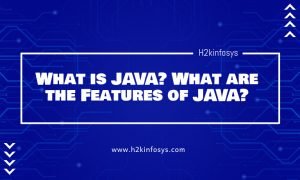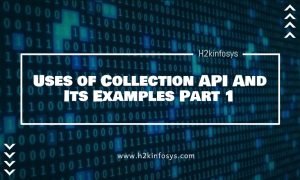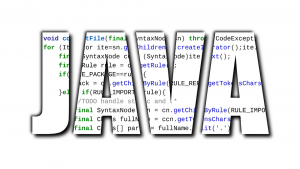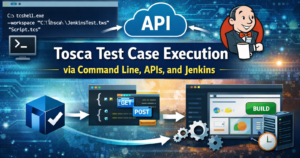Picture this! You enjoy working on a task in a certain way. On top of it, what if it’s the best way out there. Will you continue to use it? Or abandon it for a complicated, uninteresting method? Hope you can relate to the analogy here. Enroll for Java online classes if you happen to love the way Java is built for driving OOP. That said, Java is an evergreen, software developers’ 2nd most preferred programming language in the IT world.
What is OOP?
OOP refers to the object-oriented programming mechanism. What makes it more interesting is the fact that the principles of OOP are all driven by real-world entities such as
- Inheritance
- Encapsulation
- Polymorphism
- Abstraction
- Message Passing
From the terminology, one can understand what each principle is meant for.
Also, when a set of variables are declared in a class, an object is created with instantiation. This means an object is one instance of the class and as many objects can be created of the class as the developer pleases. This object occupies space and is profound.
With the concept of inheritance, we minimize duplicate coding.
Encapsulation makes sure that the data is private and protected.
With polymorphism, code reuse is encouraged.
Abstraction ensures that only the relevant information is transparent and the rest is hidden from the end-user.
Pursue Java online training from H2k Infosys. We offer 100-hour core Java and advanced Java concepts for beginners, as well as for those who aspire to establish as a Java Developer.
Benefits of using OOP…
OOP without question is still the most widely used paradigm in the world.
- Object-oriented programming is modeled in such a way that everything revolves around the data. The methods are made to act on that data
- OOP supports a context-driven approach. Meaning, the developer instantiates the object when and where the situation demands and the context determines the capabilities of that object.
- Polymorphism enables the multiple uses of the data in various forms, transparently.
- Design patterns, be it Interfaces, Factories, or Iterators work best with OOP.
- The procedural approach is best for uncomplicated programming. For handling complex programs, OOP is the only way out.
Why OOP is still relevant?
So, yes. OOP is very much still relevant. The alternative we have to OOP is Functional Programming (FP) as of now. With FP, as the length of the program increases, the complexity also multiplies. So, if the application grows to tens of thousands of lines of coding, trust us, you will want to adopt OOP than FP.
For more details on Java certification training, check out our website www.h2kinfosys.com. Request for a free demo to ensure if Java is your way forward.


























